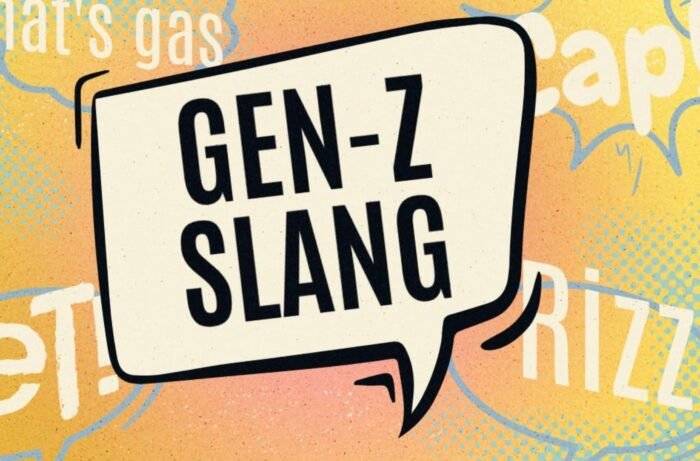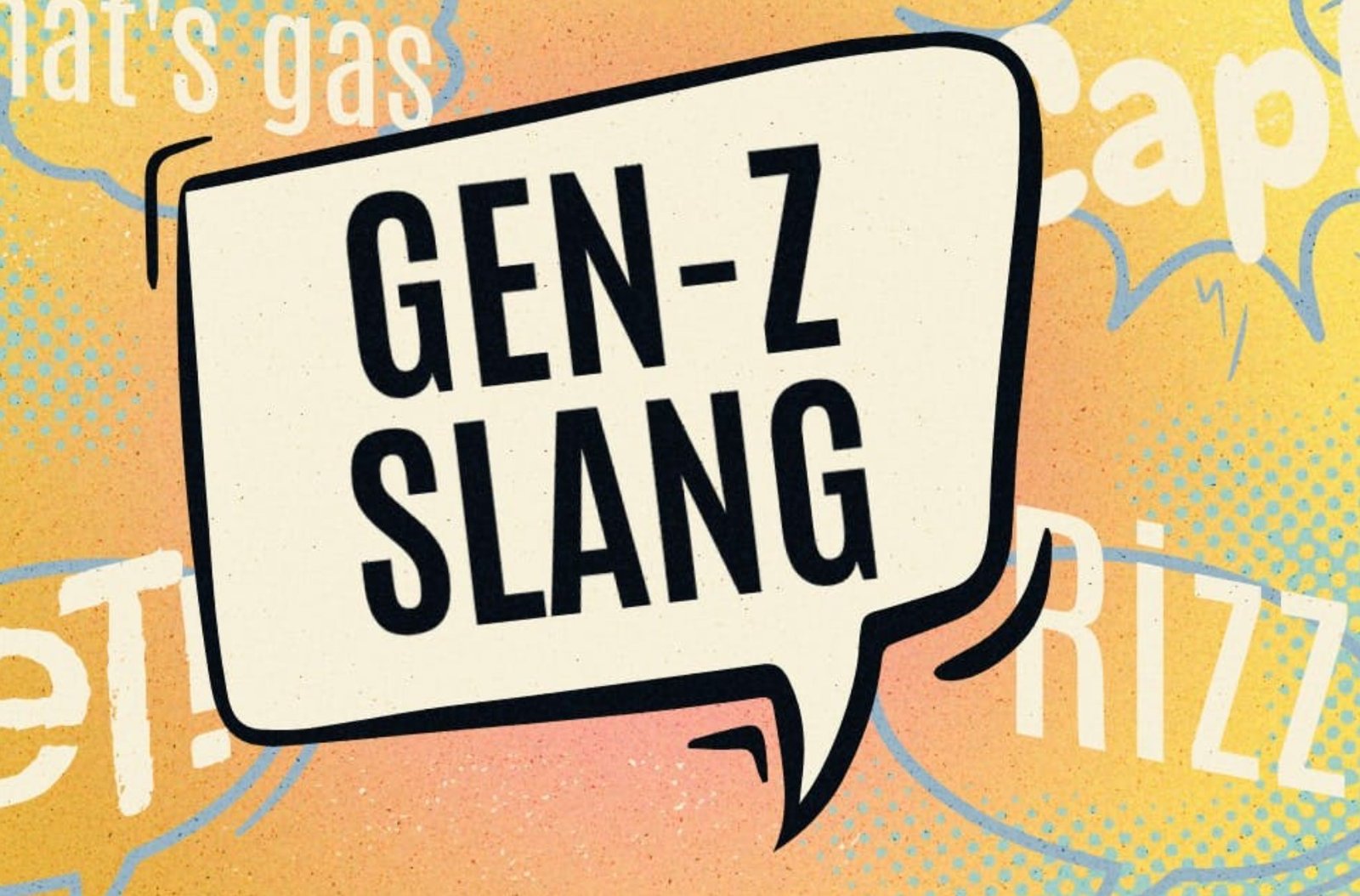Nigeria is a country with a vibrant culture and a dynamic language landscape. One of the most fascinating aspects of Nigerian communication is the use of slang. Slangs are informal words or phrases that are used by particular groups of people, especially the youth. They add color, humor, and expressiveness to conversations and reflect the diversity and creativity of the Nigerian people.

slangs-nigeria-genz
In this comprehensive guide, we dive deep into the world of Nigerian slangs and explore their meanings in 2024. Whether you’re a local trying to stay up-to-date with the latest lingo or a foreigner looking to understand Nigerian culture better, this guide has you covered. We’ll look at slangs across various categories, including:
- General Nigerian pidgin slangs
- Yoruba slangs
- Igbo slangs
- Hausa slangs
- Social media and internet slangs
- Slangs from music and pop culture
- Other popular regional slangs
So let’s get started and uncover the fascinating world of Nigerian slangs in 2024!
Also check out: All the Football Twitter Slang You Need to Know for the 2023-24 Season
General Nigerian Pidgin Slangs
Nigerian pidgin, also known as “broken English,” is a simplified form of English that is widely spoken across Nigeria. It blends English with words and expressions from local languages like Hausa, Igbo, and Yoruba. Here are some of the most popular Nigerian pidgin slangs in 2024:
| Slang | Meaning |
|---|---|
| Sapa | A state of being broke or having no money |
| Japa | To relocate abroad, often in search of better opportunities |
| O wa ri | It is finished or completed |
| Las las | Eventually; in the end |
| Chop breakfast | To experience heartbreak or disappointment in a relationship |
| Dey play | Used to tell someone to stop joking around or wasting time |
| Pepper dem | To impress or show off to others |
| Ginger me | To motivate or encourage someone |
| I dey for you | I’m here for you; I support you |
| Shedi baddest | Refers to someone who is fearless or bold |
These pidgin slangs add plenty of flavor and attitude to everyday conversations among Nigerians. They convey a sense of informality, playfulness, and shared understanding.
Yoruba Slangs
The Yoruba language is spoken by over 40 million people, mainly in southwestern Nigeria. It is known for its rich proverbs, idioms, and slangs. Here are some popular Yoruba slangs that have gained widespread usage in 2024:
- Omo – Expresses excitement, shock or surprise
- Soro soke werey – Shut up, you mad person
- O tun ti zeh – Used to express excitement after getting good news
- Idan – Refers to someone influential, stubborn or outstanding
- Kolo – Means to be crazy or insane
- Akant – Refers to a person’s behind or buttocks
- Ma lo lowo – Don’t go; stay with me
- Jaiye – Enjoy life to the fullest
- Joor – Please (used for emphasis)
- Omo Iya e – Literally “your mother’s child”, but used to address a close friend
These Yoruba slangs add a distinct local flavor to conversations and are often used even by non-Yoruba speakers in Nigeria. They reflect the wit, humor and expressiveness of Yoruba culture.
Igbo Slangs
Igbo is a language spoken by over 30 million people, predominantly in southeastern Nigeria. Like Yoruba, Igbo is rich in proverbs and slangs that capture the wisdom and worldview of the Igbo people. Here are some trendy Igbo slangs in 2024:
| Slang | Meaning |
|---|---|
| Ment | Refers to someone who is crazy or not in their right mind |
| Nwoke m | My man/guy (used between close male friends) |
| Ogini | What is it? |
| Rapurupu | Goodbye; get lost |
| Isi gi di | Are you okay? (Literally: is your head correct?) |
| Gum | Give me |
| Ihe a wula wula m | This thing amuses me |
| O di egwu | It’s awesome/amazing |
| O zu oke | It’s complete; it’s enough |
| Ngwanu | Okay; alright then |
These Igbo slangs add color and personality to conversations. They often convey a sense of humor, sarcasm, or exaggeration that is characteristic of Igbo culture.
Hausa Slangs
Hausa is the largest ethnic group in Nigeria and is predominantly spoken in northern Nigeria. Hausa culture is known for its rich oral traditions, poetry, and slangs. Here are some popular Hausa slangs that are widely used in 2024:
- Waka – Trouble; problem
- Mugun yarinya – Bad girl
- Mugun yaro – Bad boy
- Yauwa – Okay; alright
- Wallahi – I swear to God (used for emphasis)
- Shikenan – That’s it; it’s finished
- Me ya faru? – What happened?
- Banza – Useless; nonsense
- Karuwa – Prostitute
- Nagode – Thank you
These Hausa slangs reflect the boldness, directness and Islamic influence of Hausa culture. They are often used to express strong emotions or opinions.
Social Media and Internet Slangs
With the rapid growth of social media and internet usage in Nigeria, a new set of slangs has emerged that are widely used online. These slangs often originate from memes, viral videos, or trending topics. Here are some of the most popular social media slangs in 2024:
| Slang | Meaning |
|---|---|
| Sco pa tu mana | Used to express excitement or approval |
| E choke | Used to describe something overwhelming or impressive |
| Vawulence | Chaos; messy situation |
| Shippers | Fans who wish for two people to be in a romantic relationship |
| Gbas gbos | Sound of a slap; used to describe a shocking or dramatic event |
| Chai | Used to express shock or disbelief |
| On G | I swear; I promise |
| Geng geng | Real; authentic |
| Shalaye | Explain yourself |
| Don’t @ me | Don’t mention me; don’t involve me |
These internet slangs add a new dimension to Nigerian communication. They reflect the creativity, humor, and trendiness of Nigerian youth culture online.
Slangs from Music and Pop Culture
Music and pop culture are major sources of new slangs in Nigeria. Musicians, actors, comedians, and other celebrities often coin catchy phrases that quickly go viral and become part of everyday conversation. Here are some slangs that originated from Nigerian music and pop culture in 2024:
- Something hooge – Coined by comedian Sabinus; refers to expecting something big
- Otilo – Popularized by singer Poco Lee; means “it’s gone”
- No wahala – Popularized in music; means “no problem”
- Who dey breeet? – Popularized by Burna Boy; means “who is on top?”
- Doings – Refers to someone who lives large and makes things happen
- Na dem dey rush us – Popularized by Reminisce; used to assert one’s popularity
- Idan – Coined by Naira Marley; refers to someone who is street-smart and bold
- Zazuu – Popularized by Portable; means to scatter or cause commotion
- For the streets – Referring to the grassroots popularity of something
- Chop life – To enjoy life to the fullest
These slangs from music and pop culture often have catchy melodies or rhythm that make them easily memorable. They spread quickly through social media and become part of the mainstream lingo.
Other Popular Regional Slangs
Aside from the major ethnic groups, there are hundreds of smaller ethnic groups in Nigeria, each with their own unique slangs and expressions. Here are a few popular regional slangs that have gained wider usage in 2024:
Warri (Pidgin) Slangs:
- Wafi – Used to describe someone who is broke or has no money
- Kponu – Means something huge or plenty
- Ughere – Refers to a cunning or mischievous person
Calabar Slangs:
- Etighi – Means “don’t go”
- Ador-ehn – Expresses surprise; means “is it so?”
Kano/Northern Slangs:
- Aboki – Refers to a male friend
- Amarya – Bride
- Angwan – Neighborhood
Edo Slangs:
- Okporu – Means “never”
- Owanbe – Party
- Oriaki – Someone who eats a lot
These regional slangs add to the richness and diversity of Nigerian languages. They reflect the unique histories, cultures, and worldviews of different Nigerian communities.
Conclusion
As we’ve seen, Nigerian slangs are a fascinating and ever-evolving aspect of Nigerian culture and communication. They reflect the creativity, humor, resilience, and diversity of the Nigerian people.
In 2024, we see a mix of old and new slangs, with some timeless expressions still going strong, and others emerging from the rapid changes in technology, pop culture, and social dynamics. Slangs from pidgin, Yoruba, Igbo, Hausa, and other regional languages continue to enrich the linguistic landscape.
Meanwhile, the rise of social media has birthed a whole new set of internet slangs that have become part of everyday lingo, especially among the youth. Music, comedy, and entertainment remain major sources of new slangs that quickly go viral.
Understanding these slangs is key to communicating effectively and connecting with people in Nigeria. They add spice, attitude, and flair to conversations and make communication more relatable and engaging.
So whether you’re a Nigerian trying to stay current with the latest lingo, or a foreigner seeking to understand Nigerian culture, we hope this comprehensive guide to Nigerian slangs in 2024 has been informative and entertaining. Feel free to pepper dem with your newly acquired slang vocabulary – just dey play with sense and know when to gbe bodi e! O wa ri!
Abbey Johnson has a Masters degree as an engineer and has over 3 years of teaching and research experience. He is happiest when on a bike and is also interested in electric energy and computer Science.

